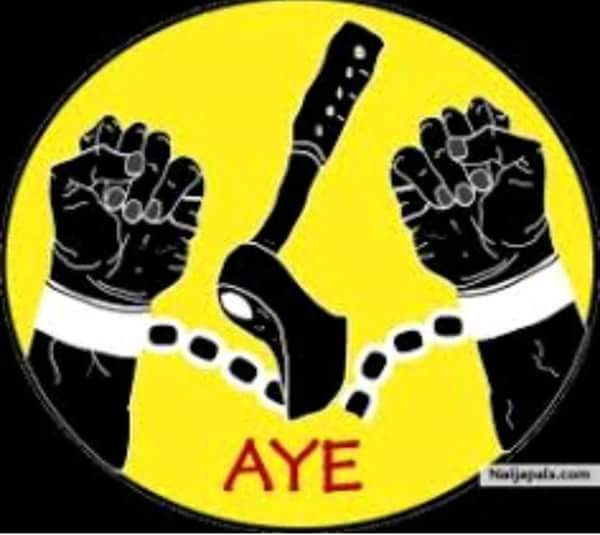

The Black Axe has been linked to powerful politicians in Nigeria, some of whom enlist members, known as Axemen, as foot soldiers and enforcers. They've since transformed into violent, criminal enterprises with significant clout in the Nigerian political system and "zones" around the world, experts say.

Police allege he is the bookkeeper for the Black Axe's Canada zone.īorn in 1977 at the University of Benin, the Black Axe started out as a benign group with "high-minded," progressive ideals, like blackism and pan-African unity. Ighedoise faces a third charge for laundering money for a criminal organization. When they visited her in the winter, her heat was barely on, and she was wearing a jacket, mittens, and a hat inside, they said. That friend was actually Akohomen Ighedoise, one of three Toronto men now charged with fraud and one of six indicted by the FBI for his involvement in a scam to defraud victims of $5 billion.įor the woman, the ordeal has been economically devastating, police told reporters. She came through again, after a friend of his who claimed to work for the United Nations and had an ID to prove it, vouched for him in person. Then his story changed: the money had gotten him arrested, and now he needed to bail himself out. So, when he told her he'd been given $2 million for saving a man's life and needed to bribe officials in Afghanistan to let him take his reward out of the country, she believed him and sent the money. Eventually, they decided that "the general" would come to Canada to live with her. They talked often on the phone and over Skype over several months, quickly becoming close and planning a future together. It was the spring of 2014, when a 63-year-old Toronto widow met a man online who claimed to be a high-ranking military officer in Afghanistan. "You try to be objective, and you think, am I wrong? Am I chasing a ghost?" said Trotter. Police have also been unable to find a single Nigerian academic willing to speak openly about the Black Axe. Fear of the Black Axe runs so deep among the Nigerian diaspora that for years, their criminal activities have gone undetected. Whatever the case, police concede that the lack of reliable sources from inside the community has made it especially difficult for them to understand the internal workings of the NBM, its symbols, and the cultural lens through which it's seen. One man who claimed to be a member and intimately aware of its inner workings suggested the arrests were the result of "a bad egg or two" in an otherwise altruistic organization. Those who know of it say they don't believe it exists outside of Nigeria. Most deny any knowledge of the Black Axe's presence in Toronto. They're now also looking for links to the Black Axe.īut conversations with Nigerians in Toronto - leaders in churches, community organizations, and businesses - generally don't reflect the picture painted by police. Meanwhile, in June, York Region Police laid over 40 charges against 9 people, who defrauded victims of about $1.5 million. The elusive group, feared in Nigeria for its brutality, has been exerting "undue influence over the Nigerian diaspora" in Canada, as well as engaging in organized crime and violence, police said.Īside from fraud and money laundering, police allege the outfit is involved in street-level crime - everything from intimidation to kidnapping to the large-scale movement of stolen goods on a transnational scale. The whole truth has been hard to come by for investigators, but after two years of quietly observing and gathering evidence, they introduced Canadians to an organization most had never heard of: a Nigerian confraternity called The Black Axe, otherwise known as the Neo Black Movement of Africa (NBM).Īt the end of October, they laid charges against three men who allegedly defrauded a Toronto woman of $609,000, including one who was linked to the Black Axe. They'll tell you what they think is enough to put you in the right direction, but they haven't exposed themselves too much by telling you the whole truth." "It's a phenomenon we get when people in any community are intimidated. "He knew who all four men were who threatened him with a knife, but only gave two nicknames and misidentified the organization," Toronto police Detective Constable Tim Trotter said. Eventually, it led them to a man who said he was threatened with a knife and had watched his car being destroyed in front of him.


 0 kommentar(er)
0 kommentar(er)
